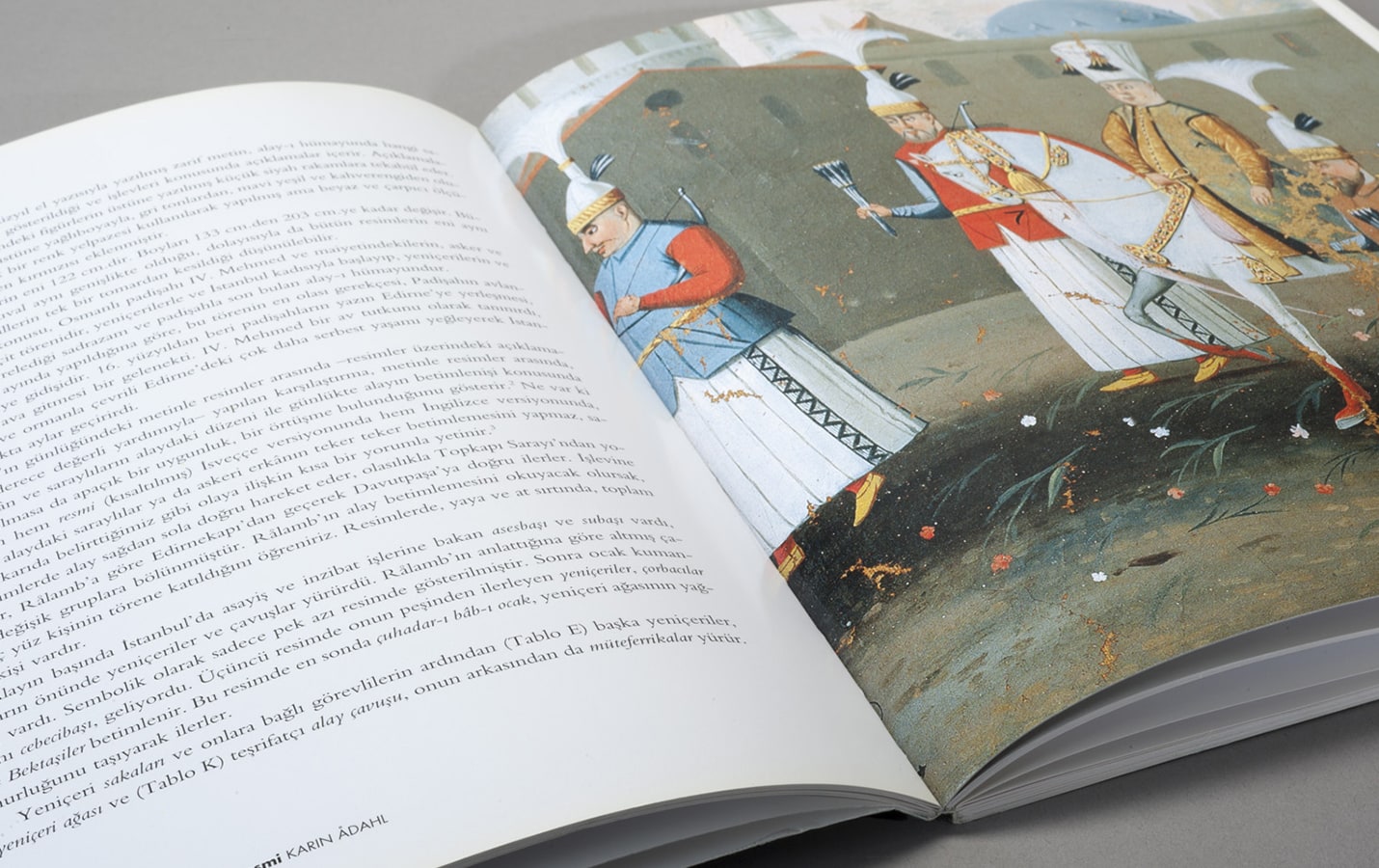June 1 - October 1, 2006
Sultan Mehmed IV, remembered as Mehmed the Hunter owing to his passion for hunting, departed for Edirne, in 1657 on a hunting expedition. The large entourage that accompanied him was a display of imperial majesty that has been preserved for history as a visual document in the form of a series of oil paintings commissioned by Claes Rålamb, then the Swedish Ambassador to Istanbul.
This almost cinematographic record consisting of a total of twenty paintings is preserved at the Nordiska Museet, Sweden. Sixteen of the paintings that are part of this visual register returned to Istanbul nearly three hundred and fifty years after this event as the guests of the Pera Museum.
Exhibition Catalogue

Sultan Mehmed IV, remembered as “Mehmed the Hunter” because of his passion for hunting, departed for Edirne in 1657 on a hunting expedition with a large entourage in a display of imperial majesty...
Tuesday - Saturday 10:00 - 19:00
Friday 10:00 - 22:00
Sunday 12:00 - 18:00
The museum is closed on Mondays.
On Wednesdays, the students can
visit the museum free of admission.
Full ticket: 300 TL
Discounted: 150 TL
Groups: 200 TL (minimum 10 people)